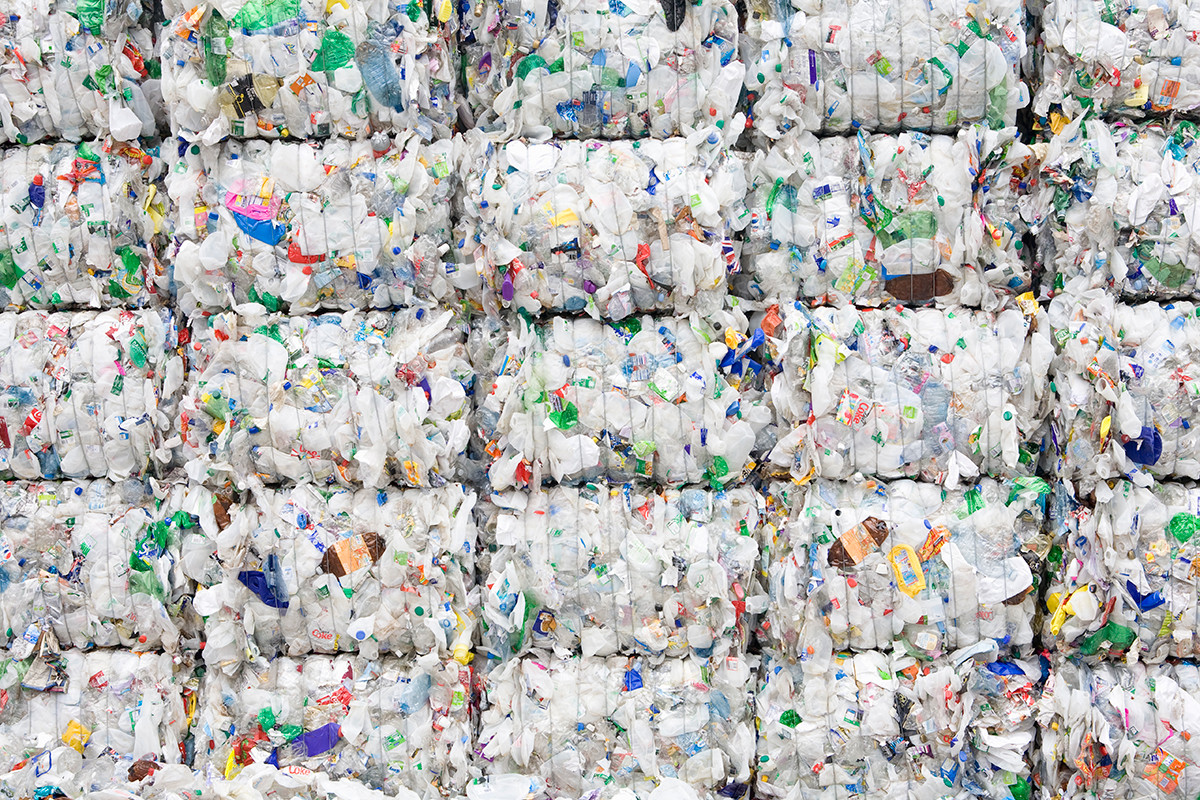Japanese scientists have found a microorganism that can decompose plastic

Scientists at Kyoto University of Technology have discovered bacteria that can degrade the popular PET plastic. Bacteria were detected by analyzing plastic collected in soil and wastewater. The discovery and study of microorganisms called scientists Ideonella sakaiensis can help cope with an increasing amount of plastic waste.
Since the invention of plastic in the 1940s, it has gained immense popularity. Around the world, about 311 million tons of plastic are produced annually, and only 14% of the goods produced (most of which are plastic bottles) are collected for reuse. And the collected bottles are still mostly melted to make other items. New bottles are usually made from petroleum products.
PET plastic, or polyethylene terephthalate, decomposes very slowly, and environmental pollution with plastic waste has already begun to take on alarming proportions . Many microscopic pieces are collected in the ocean , and they are already included in the food chain of marine life. But at the end of this chain people themselves often turn out to be.
But nature has overtaken humanity, and as a result of evolution, microorganisms have appeared that can decompose PET plastic into components. Ideonella sakaiensis seems to feed exclusively on PET. They attach to the plastic with a special antennae, and use two enzymes to decompose the plastic into terephthalic acid and ethylene glycol, from which the plastic is originally made. And these components are no longer harmful to the environment.

The resulting components are absorbed by bacteria, so their use, or the use of the enzymes they produce, can help in the difficult task of cleaning the planet. True, Ideonella sakaiensis do not work fast - it takes 6 weeks at a temperature of about 30 ° C to completely decompose a piece of plastic the size of a nail.
Scientists hope using genetic engineering to enhance the ability of bacteria to digest plastic - for example, to transfer the ability to secrete the necessary enzymes into faster-growing microorganisms. The researchers were inspired by the fact that the appearance of such microorganisms took only 70 years, and they hope that they can find other types of living creatures that can help with the processing of plastic waste.
Earlier, Chinese biologists from Peking University of Aviation and Cosmonautics discovered that flour worms can process polystyrene , and a group of students at Yale University as part of a research expedition to Ecuador discovered a mushroom in the jungle that can feed on polyurethane .
